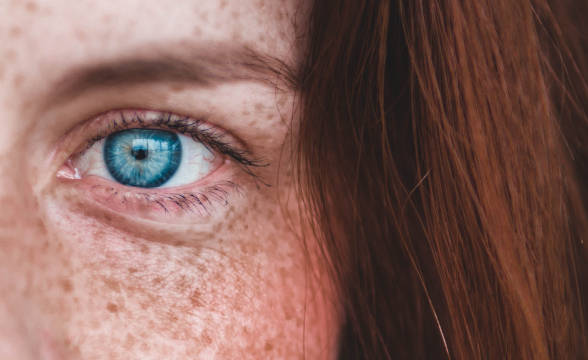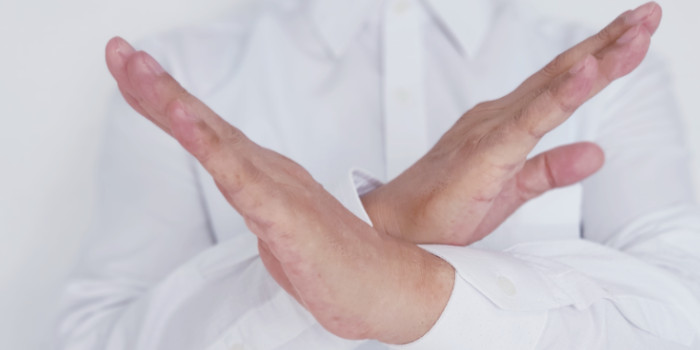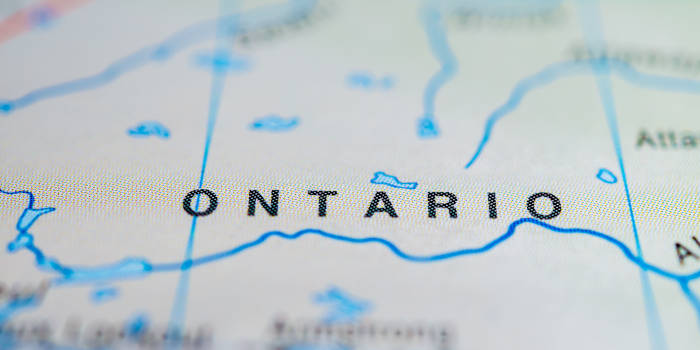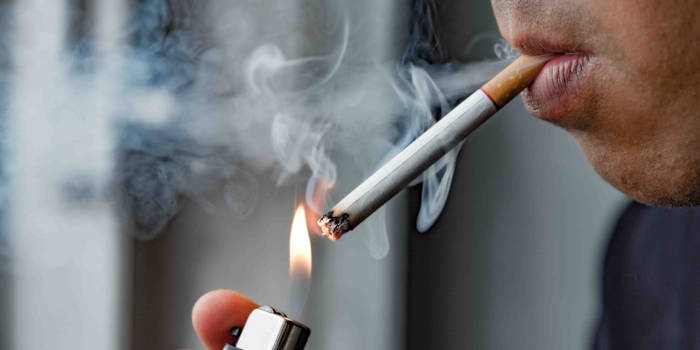ClubsACT Wants to Trial Face Recognition Software to Protect Consumers

Protecting consumers in the gambling industry often leads to moral dilemmas and vehement debates between industry hawks and doves. Yet, innovation is bound to play a role in the way industry regulates and protects its customers. Now, an ambitious proposal by ClubsACT wants to see several Canberra clubs trial a face recognition system that will use relevant software to determine if gamblers are part of any self-excluded program.
No Dystopia, Just Helping Those Who Need It
This system will send alerts to staff in real-time and help establishments steer vulnerable and at-risk consumers away from gambling products or help them seek assistance from the relevant specialists. Naturally, this suggestion has a dystopian ring to it. The all-seeing state is often trumped in such cases and Big Brother similes are thrown around while carelessly neglecting the issue at hand – people suffer because of the gambling system not yet fully capable of restricting self-excluded gamblers.
The Canberra trial, though, may lead to a model which will make it easier for venues to protect their patrons. COMS Systems, the company that is developing the technology, argued that its software is already deployed in more than 170 venues in New Zealand, for example. There have been successful pilot tests in South Australia as well.
Meanwhile, ClubsACT CEO Craig Shannon has sought to ameliorate fears of an authoritarian state – or evil corporations – and argued that the technology has nothing to do with bad actors in the sector and is will be used entirely to protect consumers. Speaking to ABC, Shannon explained:
The system is based around the idea that an individual who chooses to self-exclude from a club, who is already part of the self-exclusion regime, would be photographed if they went into a gambling area only.
ClubsACT CEO Craig Shannon
Biometric Data Is in the Clear (Almost)
The contentious bone here no doubt has to do with the right of private companies to scoop vast amounts of data on consumers, potentially with a serious gambling problem. Who is not to say that such data won’t end up in the hands of bad actors as well – never mind the public outrage to follow?
Attorney-General Shane Rattenbury raises such concerns but presently, ACT has no laws that prevent the use of biometric data. This could be a waking call to tailor and work on regulatory framework where it’s clearly lacking and where it can do some good. But just trialing a face recognition software would not in itself suffice.
Gamblers would need to be willing to attend such venues. An example with how the United Kingdom wants to obligate consumers to pass mandatory affordability checks has already ruffled feathers with industry representatives and admittedly some players.
So, the question is how the implementation of this technology in the industry would be possible while overcoming regulatory and security challenges and concerns and making good on the promise to protect consumers? The answer is – good role models. If the ACT pilot test is a success, this could give teeth to other industry stakeholders to act preemptively and galvanize regulatory change that is for the nonce – guided by industry self-initiative.
Although Fiona doesn't have a long-spanning background within the gambling industry, she is an incredibly skilled journalist who has built a strong interest in the constantly growing iGaming network. The team at GamblingNews.com is glad to have her on our roster to help deliver the best stories as soon as they hit. Aside from writing, she loves to dabble in online casino games such as slots and roulette, both for her own enjoyment and also as research to better improve her understanding of the industry.















